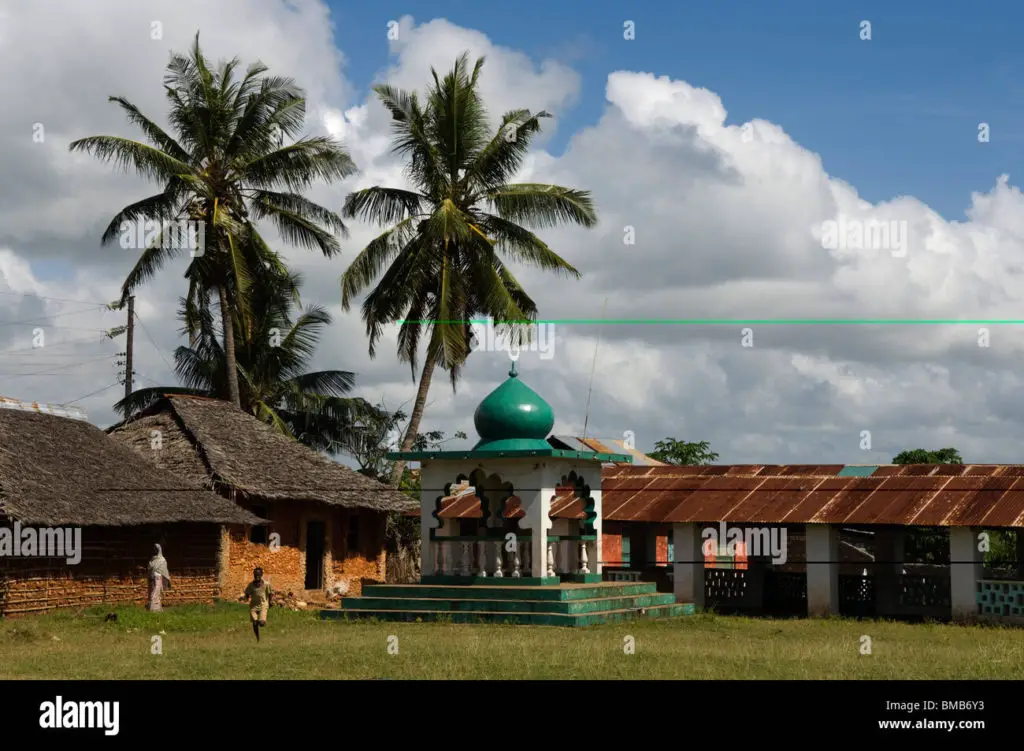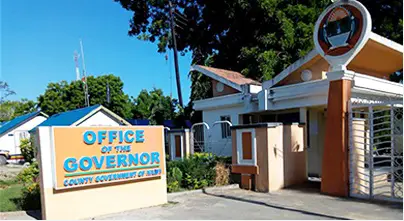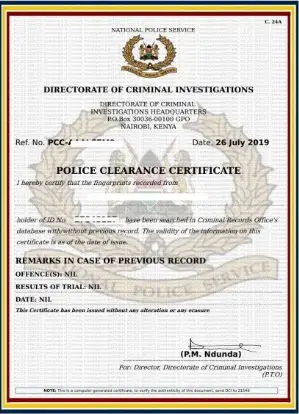Imagine yourself strolling through the vibrant streets of Takaungu Town, a hidden gem nestled along the stunning Kenyan coastline. With its rich history and warm, welcoming atmosphere, Takaungu Town invites you to immerse yourself in its charm and discover the unique experiences it has to offer. From the colorful local markets brimming with tantalizing aromas, to the breathtaking beaches that stretch as far as the eye can see, Takaungu Town promises an unforgettable journey filled with cultural wonders and natural beauty.
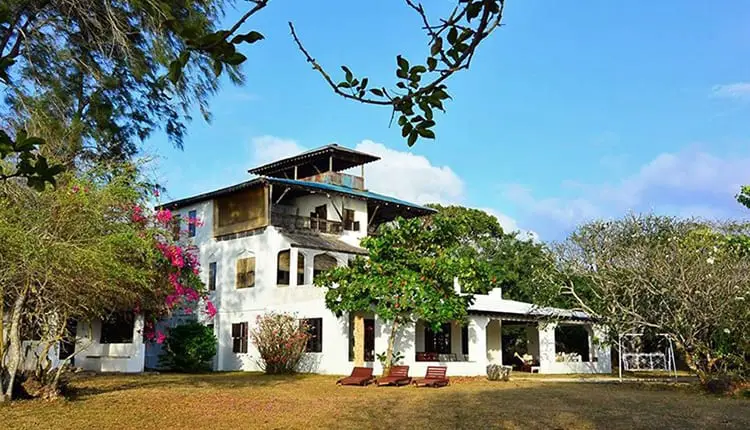
History
Origins of Takaungu
Takaungu is a small coastal town located in Kilifi County, Kenya. The town has a rich history that dates back centuries. The exact origins of Takaungu are not well-documented, but it is believed that the town was founded by the Bantu-speaking communities who migrated to the area in ancient times. These early settlers relied on fishing and agriculture for their livelihoods. They established a thriving community, developing a unique culture that would continue to shape Takaungu throughout its history.
Early settlement
Takaungu’s early settlement was characterized by the establishment of small villages along the coast. These villages were self-sufficient, with each village having its own chief who governed the community. The inhabitants relied on the rich marine resources and fertile land to sustain themselves. The communities thrived and saw gradual growth over time.
Arab influence
Takaungu’s history took a significant turn when Arab traders arrived in the area. Arab sailors and traders explored the East African coast from the 8th century onwards, establishing trading posts and mingling with the local communities. Takaungu became a prominent trading center for ivory, spices, and other valuable commodities. The Arab traders also brought with them their culture, religion, and architectural styles, which influenced the town’s development. Mosques and Swahili-style houses began to emerge, reflecting the blending of Arab and local traditions.
Colonial era
The arrival of European colonial powers in Africa had a profound impact on Takaungu. In the late 19th century, the British claimed control over the East African coast, including Takaungu. The colonial period saw significant changes in governance, infrastructure, and the economy. The construction of railways and modern ports facilitated trade and connected Takaungu to the larger East African region. The town’s status as a trading hub expanded, attracting more settlers from diverse backgrounds.
Geography
Location
Takaungu is situated on the coastline of the Indian Ocean, approximately 25 kilometers north of Mombasa. Its location offers stunning views of the ocean and easy access to the nearby islands. The town is nestled between green hills and bordered by the Sabaki River to the north. This strategic position has made Takaungu a desirable destination for locals and tourists alike.
Climate
Takaungu experiences a tropical climate, characterized by high temperatures and high humidity throughout the year. The town enjoys abundant rainfall, particularly during the monsoon seasons. The wettest months are usually between April and June, while the drier months are from December to March. The ideal climate, with warm temperatures and refreshing sea breezes, makes Takaungu an enjoyable place to visit any time of the year.
Natural features
Takaungu boasts a diverse range of natural features that add to its charm. The coastline stretches for miles, featuring pristine sandy beaches and clear turquoise waters. The coral reefs in the nearby ocean create a beautiful underwater ecosystem, perfect for snorkeling and scuba diving. Inland, lush green hills and forests provide a serene backdrop to the town. The Sabaki River brings life to the surroundings, supporting a variety of flora and fauna. Takaungu’s natural beauty is truly a sight to behold.
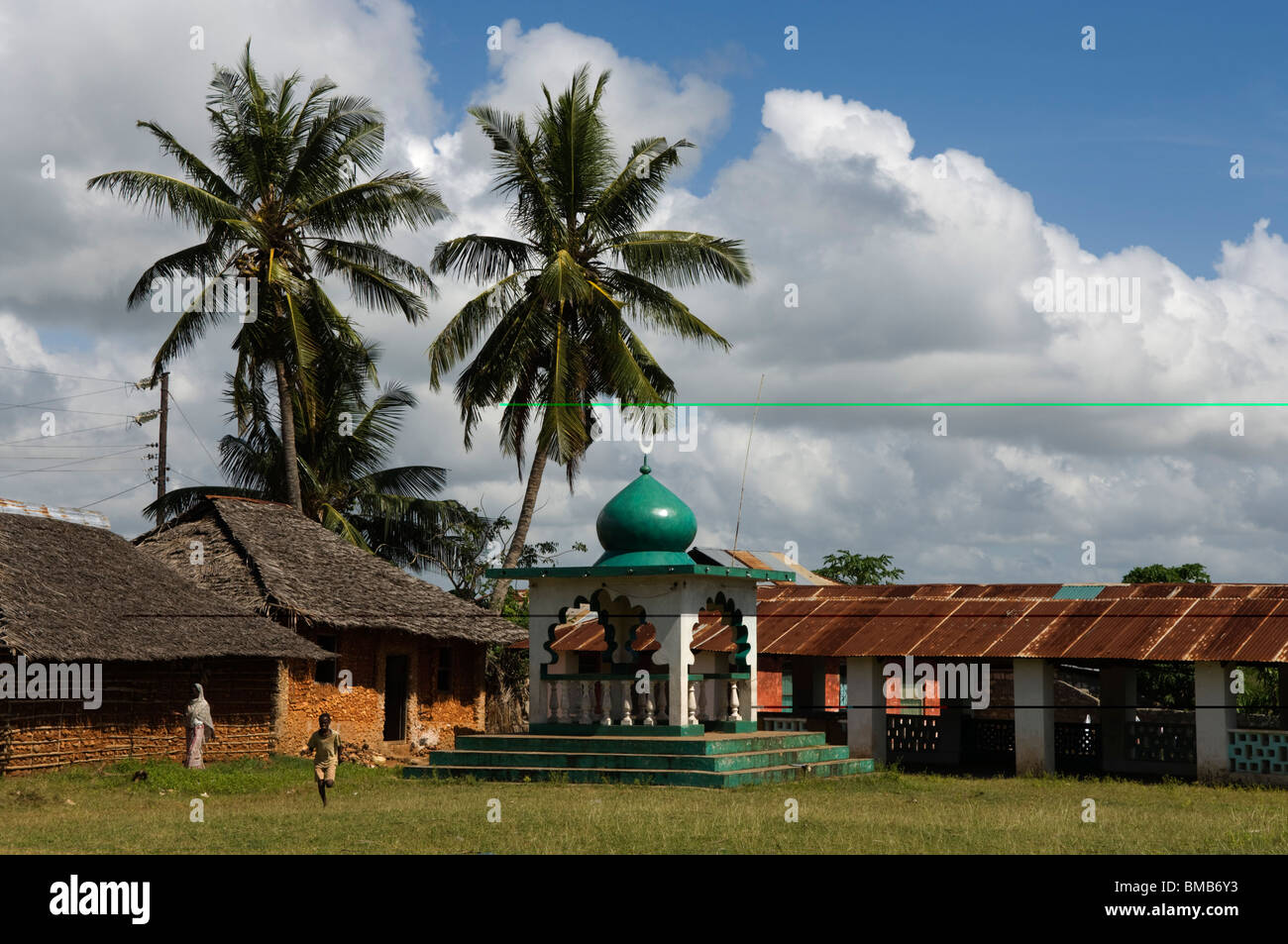
Demographics
Population
Takaungu is home to a vibrant and close-knit community. The town’s population has steadily grown over the years as more people are attracted to its unique blend of natural beauty and cultural heritage. While the exact population figures are not available, Takaungu’s residents take pride in their town and contribute to its development and preservation.
Ethnic composition
The people of Takaungu represent a diverse mix of ethnic groups. The Bantu-speaking communities, mainly the Giriama and Digo, are the indigenous inhabitants of the area. However, Takaungu’s history of trade and migration has attracted people from various regions, including Arabs, Swahili, and other coastal communities. This diverse ethnic composition has contributed to the cultural richness and tolerance that can be seen in the town today.
Religious diversity
Religion plays a significant role in Takaungu, reflecting the town’s history of Arab influence and indigenous beliefs. Islam is the predominant religion, with many mosques dotting the landscape. The Arab traders who settled here brought with them their Islamic faith, and it has since become an integral part of Takaungu’s cultural fabric. Additionally, there are Christian churches and traditional indigenous practices that continue to be observed by some residents, highlighting the religious diversity of the community.
Infrastructure
Transportation
Takaungu has witnessed significant improvements in transportation infrastructure over the years. The town is well-connected to major cities and towns through a network of roads. The coastal highway provides easy access to neighboring towns and cities, while local roads connect Takaungu to the surrounding rural areas. Public transportation, including buses and matatus (minibus taxis), is readily available, ensuring that residents and visitors can travel conveniently within and beyond Takaungu.
Communication
Communication networks have also been established to connect Takaungu with the rest of the world. Telecommunications companies provide mobile phone coverage throughout the town, facilitating instant communication. Internet access is available, enabling residents to stay connected and access information online. Additionally, Takaungu has a postal service and courier companies, ensuring reliable communication and delivery of goods.
Healthcare facilities
Takaungu recognizes the importance of healthcare services for its residents. The town has several healthcare facilities, including clinics and dispensaries, that provide primary medical care. In cases requiring specialized treatment, residents can access hospitals in nearby towns and cities. Efforts are being made to improve healthcare facilities and expand the range of services available to cater to the growing population’s needs.
Educational institutions
Education is highly valued in Takaungu, and the town is home to a number of educational institutions. Primary and secondary schools provide education to local children, equipping them with the skills necessary for their future. Takaungu also has vocational training centers and adult education programs to cater to individuals who seek further education or acquire specific skills. The development and accessibility of educational institutions in Takaungu highlight the town’s commitment to nurturing knowledge and learning.
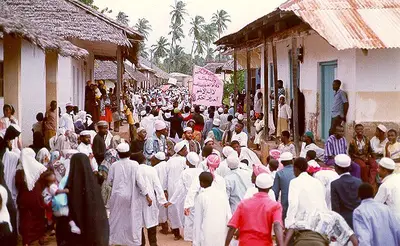
Economy
Major industries
Takaungu’s economy is primarily driven by agriculture, fishing, and tourism. Agriculture plays a crucial role in the town’s livelihood, with crops such as maize, cassava, and various fruits being cultivated. Fishing is another important industry, providing sustenance and income to many in the community. The fertile land and abundant marine resources contribute to the success of these industries, supporting the local economy and providing employment opportunities.
Trade and commerce
Takaungu’s strategic location along the coast has made it a hub for trade and commerce. The town has a bustling market where locals sell a variety of goods, including fresh produce, textiles, and crafts. The market attracts people from nearby villages and towns, fostering economic activity and exchange. Additionally, Takaungu serves as a trading point for local fishermen and farmers, linking them to wider markets and ensuring a steady flow of goods.
Tourism
Takaungu’s natural beauty and cultural heritage make it an attractive destination for tourists. The town’s pristine beaches, with their clear waters and golden sands, provide the perfect backdrop for relaxation and recreational activities. Takaungu is also known for its historical sites and ruins, showcasing its rich past. Visitors can explore the archaeological remains and learn about the town’s early settlements and Arab influence. The local crafts and markets offer a glimpse into the vibrant culture and traditions of Takaungu. Tourism plays a significant role in the local economy, supporting businesses and creating employment opportunities for the community.
Culture and Society
Traditional beliefs and practices
Takaungu’s culture is a fusion of indigenous traditions, Arab influences, and the coastal Swahili culture. The indigenous communities have preserved their traditional beliefs and practices, often incorporating them into daily life. These include rituals, ceremonies, and storytelling that pass down ancestral knowledge and values. Islam, brought by the Arab traders, has also shaped the cultural landscape of Takaungu. The residents take pride in their cultural heritage, celebrating and preserving their unique traditions.
Festivals and celebrations
Takaungu is known for its vibrant festivals and celebrations, which bring the community together in joyful gatherings. The Maulidi Festival, celebrated in honor of the Prophet Muhammad’s birth, is a highlight of the year. The festival features processions, religious and cultural performances, and communal feasts. Other festivities include Eid-al-Fitr and Eid-al-Adha, marking the end of Ramadan and the commemoration of Abraham’s sacrifice. These celebrations not only reflect the religious diversity of Takaungu but also foster unity and camaraderie among its residents.
Social organizations
Takaungu’s strong sense of community is evident through the presence of various social organizations. These organizations aim to address social issues, promote development, and provide support to those in need. Women’s groups, youth associations, and cooperatives work towards empowering different segments of the community. These organizations play a vital role in promoting social welfare, preserving cultural heritage, and driving positive change in Takaungu.

Tourist Attractions
Beaches and coastline
Takaungu’s stunning beaches and coastline are its primary attractions. The pristine white sands, framed by clear turquoise waters, provide a serene escape for visitors. The beaches offer a range of activities, from sunbathing and beach picnics to swimming and water sports. The calm waters are ideal for snorkeling and diving, allowing visitors to explore the vibrant coral reefs teeming with marine life. The beauty and tranquility of Takaungu’s beaches make them a must-visit for any traveler seeking a tropical getaway.
Historical sites and ruins
Takaungu’s rich history can be explored through its numerous historical sites and ruins. The remains of ancient settlements and Swahili architecture serve as a testament to the town’s past. Visitors can explore the ruins, including old mosques and houses, discovering the intricate designs and craftsmanship. These sites provide insights into Takaungu’s heritage and offer a glimpse into its early civilizations. The preservation and promotion of these historical sites contribute to the cultural importance of Takaungu.
Local crafts and markets
Takaungu is renowned for its local crafts, which showcase the town’s artistic traditions and skills. The craft industry produces a variety of items, including wood carvings, woven baskets, jewelry, and handmade textiles. Visitors can support local artisans by purchasing these unique creations, witnessing the creativity and talent in Takaungu. The town’s markets are an excellent place to experience the vibrant atmosphere and interact with the locals, while also having the opportunity to acquire authentic souvenirs.
Challenges and Future Development
Infrastructure improvements
While Takaungu has made significant progress in its infrastructure, there are still areas that require improvement. Upgrading and maintaining the road network is crucial for efficient transportation and connectivity. The expansion of healthcare facilities and the establishment of specialized medical services would further enhance the town’s healthcare system. Accessible and reliable communication networks need to be continually developed to keep pace with technological advancements. The ongoing efforts to improve infrastructure will support the town’s growth and ensure a high quality of life for its residents.
Environmental concerns
Preserving Takaungu’s natural resources and protecting the environment is a priority for sustainable development. The town’s booming tourism industry must be managed responsibly to prevent the degradation of beaches, coral reefs, and other fragile ecosystems. Efforts to promote eco-tourism and educate both residents and tourists about environmental conservation are crucial. Sustainable agricultural practices and responsible waste management are also vital to safeguarding Takaungu’s environment for future generations.
Preservation of cultural heritage
Takaungu’s rich cultural heritage faces the challenge of preserving traditions and customs in the face of modernization. Efforts should be made to document and record the town’s history, ensuring its preservation for future generations. Supporting local initiatives and organizations that focus on cultural preservation is essential. Takaungu can also promote cultural heritage tourism, providing visitors with in-depth experiences that celebrate the town’s identity and traditions.
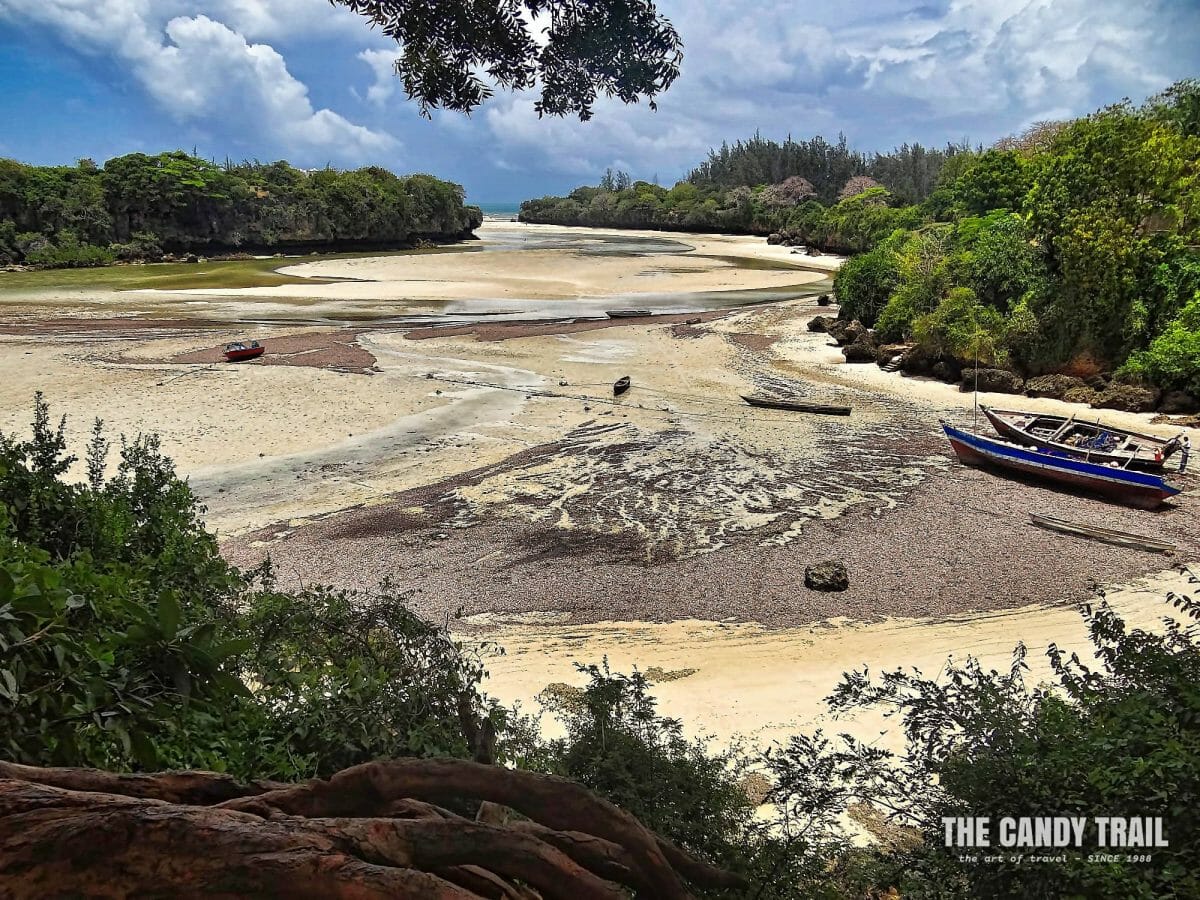
Famous Personalities
Notable individuals from Takaungu
Takaungu has been the birthplace or residence of several notable individuals who have made significant contributions in various fields. While the list is extensive, a few well-known figures include:
-
Ali Al’Amin Mazrui: A prominent scholar and political scientist who offered invaluable insights into African history and politics.
-
Mekatilili wa Menza: A fearless freedom fighter who played a crucial role in resisting British colonial rule. Her bravery and determination made her an icon of the Mijikenda people.
-
Abdalla Saidi, also known as Bi Kidude: A renowned taarab singer and cultural icon who gained international recognition for her powerful vocals and preservation of the Swahili culture.
These individuals, among many others, have left an indelible mark on Takaungu’s history and have become sources of inspiration for future generations.
Conclusion
Takaungu is a town steeped in history, blessed with natural beauty, and enriched by a vibrant culture. From its origins as a small coastal settlement to its growth as a trading hub, Takaungu has evolved, shaped by various influences and the resilience of its residents. The town offers a combination of stunning beaches, intriguing historical sites, and a warm community that welcomes all who visit. As Takaungu continues to develop, it faces the challenges of infrastructure improvements, environmental concerns, and the preservation of its cultural heritage. However, with its determined spirit and commitment to progress, Takaungu is poised for a bright future, ready to share its treasures with the world.

